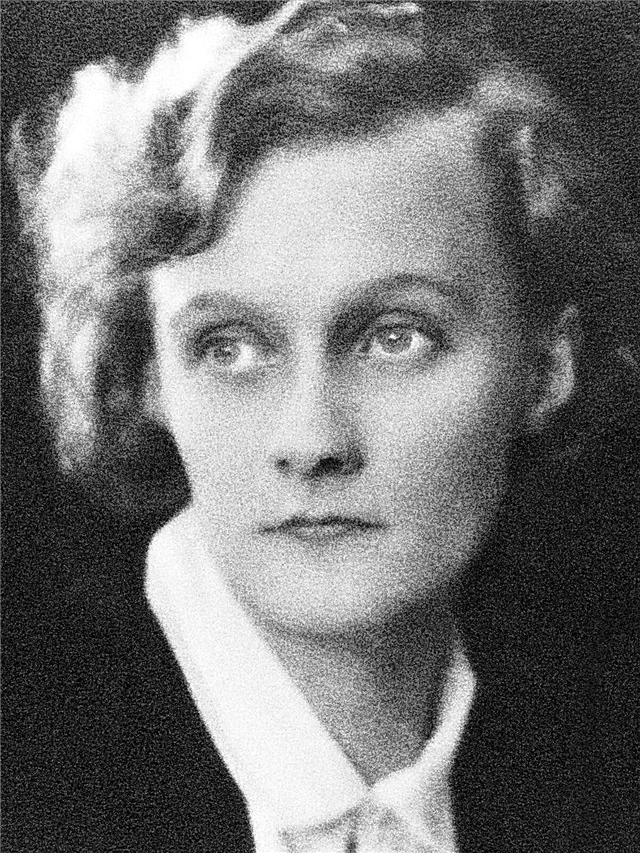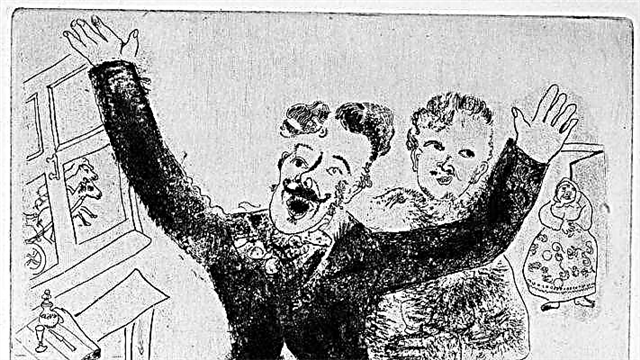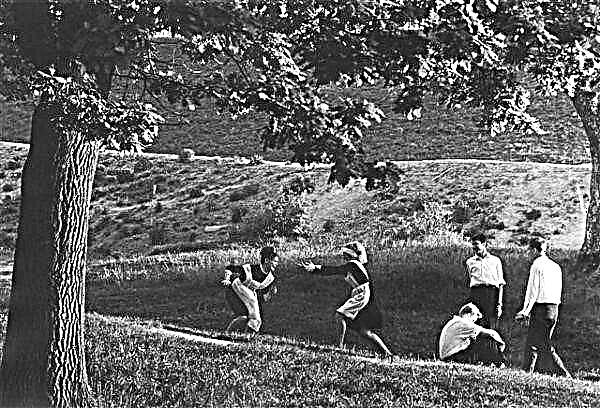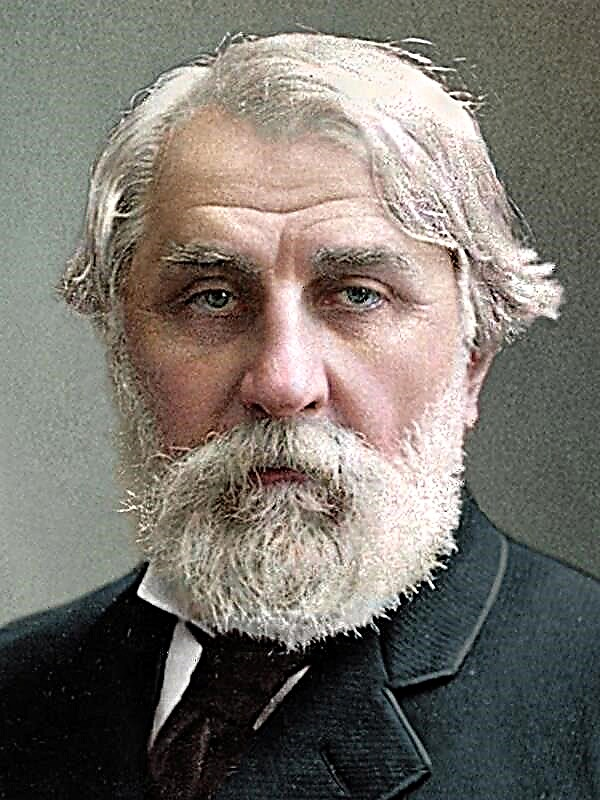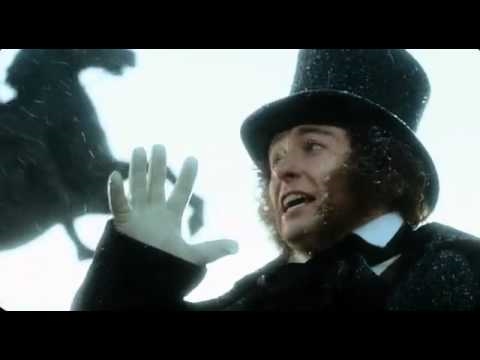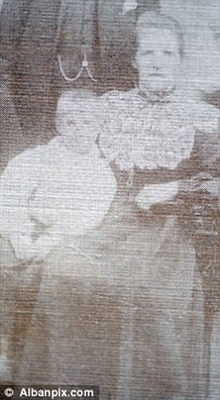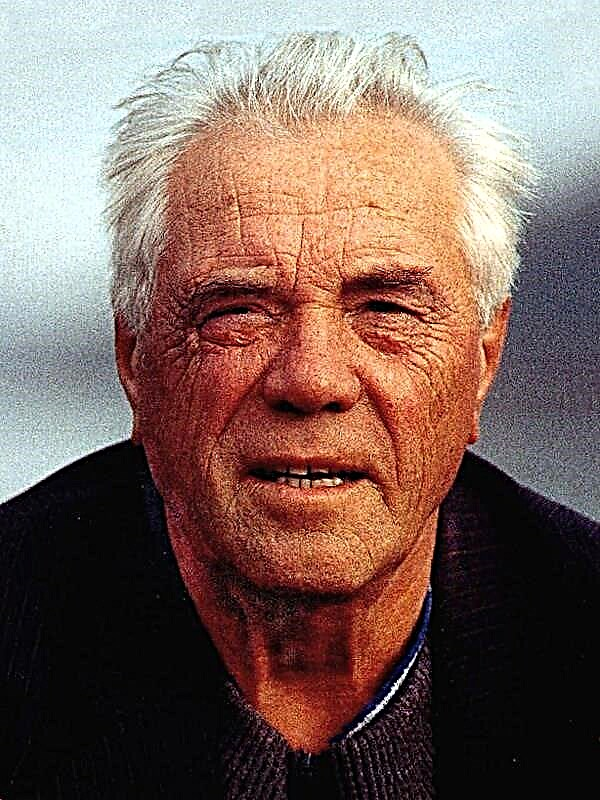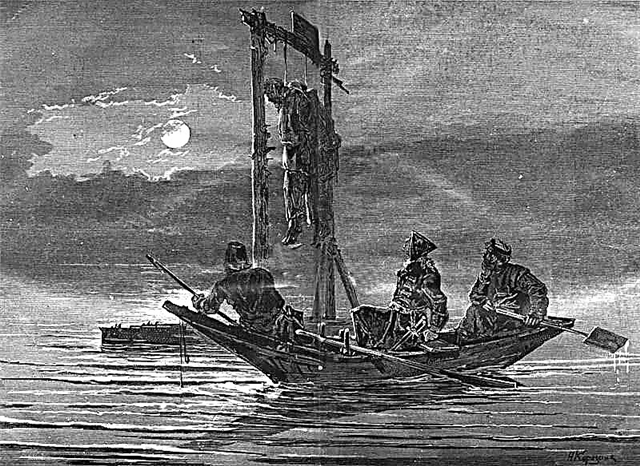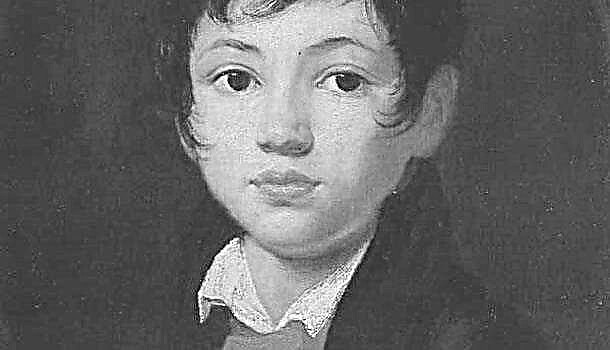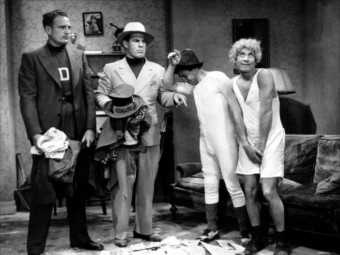The book in the work is another not obvious way of revealing the character. In relation to the book, from the work itself or to its author, you can understand what kind of hero stands before us. Therefore, in the texts for preparing for the Unified State Exam in the Russian language, a problem often appears related to the role of the book in people's lives. The following are arguments relevant to problematic issues.
- In the famous novel by I. S. Turgenev “Fathers and Sons” Bazarov finds Nikolai Petrovich with a volume of Pushkin. This becomes the cause of his ridicule. Eugene advises “to read something sensible” and puts him the brochure of the German naturalist. This scene characterizes us two polar worlds, one traditional and conciliar, and the other new and advanced. It is also important to note that in the novel many characters read. Bazarov's mother is Ducre "Dumenil Alexis, or Cabin in the Forest." Turgenev notes that she "has not read a single book except" Alexis, or the Cabin in the Forest. " Bazarov’s father is Horace, as he loves antiquity. Sitnikov - novels by George Sand. Thus, the role of the book in their life is very important: literature determines their worldview.
- Ilya Ilyich Oblomov, the hero of the novel of the same name I. Goncharov, said that books are "... luxury. That thing, without which you can easily do. A thing designated for entertainment. ” This is another way to reveal his character. It was also said about him at school that he did not read books “more than necessary”, which means that he was not particularly interested in them in childhood. This fact, of course, was reflected in the development of the personality of the hero. Neglecting reading, he remained a little non-independent Ilyusha, who is afraid of adulthood and cannot navigate it.
- At F. M. Dostoevsky in the work “Poor People” the main character, Makar Devushkin, deeply sympathizes with Gogolevsky Akaki Akakievich from "The Overcoat." “It’s a common thing, mother, it can happen both above and above you,” he writes to Varenka. And the hero is convinced that one cannot write about such a thing, indecently. Makar is able to sympathize not only with living people, but also with fictional ones. It is interesting that earlier, before meeting with Varya, he read tabloid and base books, and only with its submission became interested in serious literature. This change affects the development of Makar: his writing style is becoming more elegant, his vocabulary is expanding. He even feels more subtly, thinking about things that were not previously known to him.
- Biblical motives are also heard in the Crime and Punishment of F. Dostoevsky. Rodion is tormented by doubts and mental pains, which also involve physical ones. But when Sonya reads the bible to the protagonist, he becomes calm, it is this book that helps him to repent and find peace. Thus, the significance of this religious treatise is difficult to overestimate: he directed Rodion’s rushing soul into the only true way to atone for sin.
- Heroes of the epic novel “War and Peace” by L. N. Tolstoy also formed under the influence of reading. “Pierre, having come forward as a house man, went into Prince Andrey’s office and immediately, out of habit, took the first book from the shelf, these were Caesar’s notes” - this young man was seriously interested in literature, and it is no coincidence that he is one of the most smart, virtuous and gifted characters. Spiritual needs, which are expressed in the love of reading, develop it. Also “Julie played Boris on the harp the saddest nocturnes. Boris read Poor Liza out loud to her ”- this example illustrates the fact that the nobles did not underestimate the role of the book in raising children. They actively interested them in reading, giving classic books with pronounced morality.
- Roman M. A. Bulgakova "The Master and Margarita" partially built on one book, all events begin to unfold around it. The author shows us the book as the work of a lifetime. A real treasure, and at the same time, a curse. However, it is a work of art that becomes a symbol of eternity. “Manuscripts do not burn,” the author writes. If the creation is truly ingenious, it lives on for centuries, remaining in the memory and hearts of people.
- Pushkin novel in verses "Eugene Onegin" full of famous literary names, the author even manages to tell himself: "I read readily Apulele, but did not read Cicero." The protagonist, for example, did not like poetry: «Scolded Homer, Theocritus; But I read Adam Smith, And there was a deep economy ... ". This tells the reader that the skepticism of life was subtracted by Eugene from specific literature. He wanted to do household work, so he surrounded himself with “efficient books” so as not to be distracted by feelings in which he had long been disappointed. Lensky reads the German philosopher Kant. Romanticism was partially based on the philosophical views of this thinker, in the mainstream of which Vladimir himself created. He perceives the world as something sublime, and this destroyed him. Tatiana, on the other hand, read French novels about love, from which she drew an idea of this feeling and of the male ideal. Thus, the characters of the characters are formed on the basis of the book experience that they gained.

